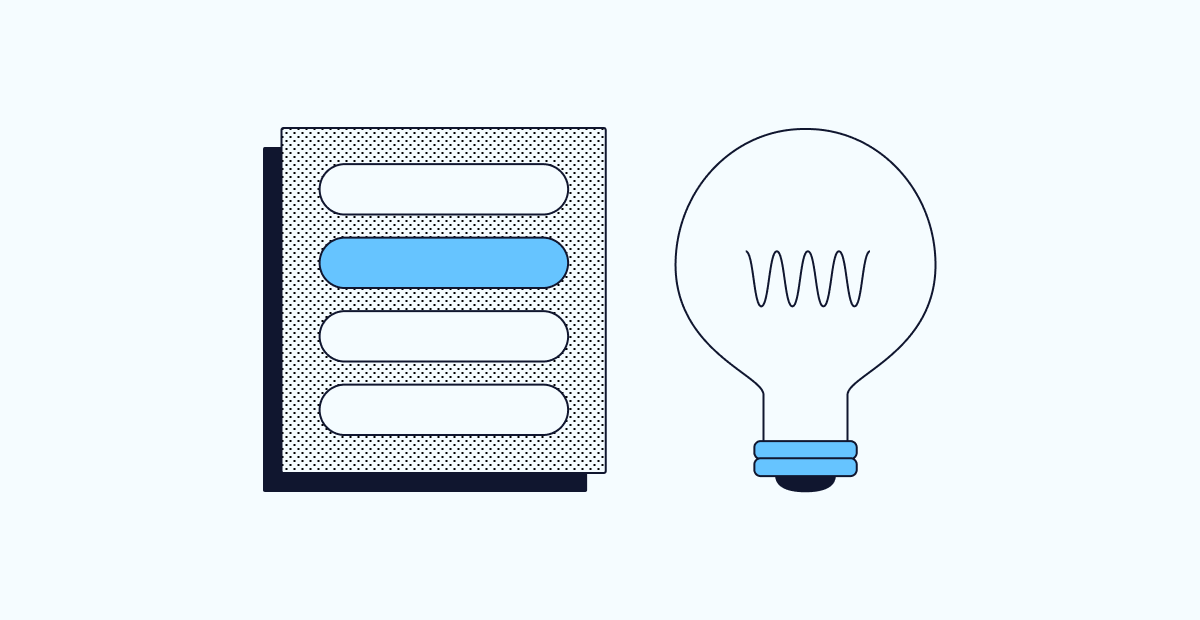what is it and how does Immutable’s Web3 infrastructure work?
The post what is it and how does Immutable’s Web3 infrastructure work? appeared on BitcoinEthereumNews.com. Immutable is a web3 development platform born in 2018, focused on creating simple and effective solutions to support the growth of the crypto gaming sector. Composed of two main products, Immutable X and Immutable zkEVM, this infrastructure aims to become the home of blockchain games, offering low fee rates and high transaction throughput to users and an easy design framework to developers. At the center of this ecosystem orbits the decentralized governance token IMX. Let’s delve into the project details below. What is the Web3 Immutable platform and how does it revolutionize the gaming world with crypto? Immutable is a web3 gaming platform based in Sydney, focused on empowering digital players through the use of blockchain and crypto. Founded in 2018 thanks to an invention by brothers James and Robbie Ferguson and Alex Connolly, it has quickly established itself as one of the most high-performing infrastructures in the industry, supporting the development of numerous successful projects including Illuvium, Gods Unchained, Metalcore, Shardbound, Wagmi, Kiraverse, Blocklords, PlanetQuest, and many others. Immutable presents itself to the public as the “home of web3 games“, offering developers and game studios a powerful suite of products capable of solving some of the technical limitations that are slowing down the expansion of blockchain technology and at the same time able to bring digital ownership of games into the crypto world. The company is funded and supported by important VC funds and cutting-edge investors such as Bitkraft Ventures, King River Capital, AirTree, Temasek, Coinbase, and others. From a more technical point of view, Immutable’s web3 platform provides the public with 2 layer-2 scaling solutions that offer decentralization and privacy, and key APIs for operators who want to use internal tools and build their own cryptographic game. Furthermore, developers can rely on several practical guides for the development…

The post what is it and how does Immutable’s Web3 infrastructure work? appeared on BitcoinEthereumNews.com.
Immutable is a web3 development platform born in 2018, focused on creating simple and effective solutions to support the growth of the crypto gaming sector. Composed of two main products, Immutable X and Immutable zkEVM, this infrastructure aims to become the home of blockchain games, offering low fee rates and high transaction throughput to users and an easy design framework to developers. At the center of this ecosystem orbits the decentralized governance token IMX. Let’s delve into the project details below. What is the Web3 Immutable platform and how does it revolutionize the gaming world with crypto? Immutable is a web3 gaming platform based in Sydney, focused on empowering digital players through the use of blockchain and crypto. Founded in 2018 thanks to an invention by brothers James and Robbie Ferguson and Alex Connolly, it has quickly established itself as one of the most high-performing infrastructures in the industry, supporting the development of numerous successful projects including Illuvium, Gods Unchained, Metalcore, Shardbound, Wagmi, Kiraverse, Blocklords, PlanetQuest, and many others. Immutable presents itself to the public as the “home of web3 games“, offering developers and game studios a powerful suite of products capable of solving some of the technical limitations that are slowing down the expansion of blockchain technology and at the same time able to bring digital ownership of games into the crypto world. The company is funded and supported by important VC funds and cutting-edge investors such as Bitkraft Ventures, King River Capital, AirTree, Temasek, Coinbase, and others. From a more technical point of view, Immutable’s web3 platform provides the public with 2 layer-2 scaling solutions that offer decentralization and privacy, and key APIs for operators who want to use internal tools and build their own cryptographic game. Furthermore, developers can rely on several practical guides for the development…
What's Your Reaction?









![How to Nail First-Party Data Strategy According to a Google Director of Product Management [+ New Data]](https://www.hubspot.com/hubfs/first-party-data-strategy.webp)










































































